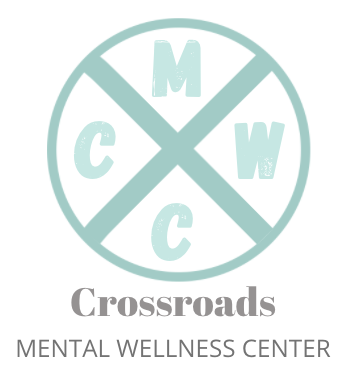Anger Management
Everyone has felt anger. The feeling itself is not bad, as emotions cannot be good or bad. Rather different emotions may be experienced as pleasant or unpleasant and how they are categorized will vary person to person.
Anger itself can range from mild to intense depending on the person and the situation. Everyone has triggers (events that cause a reaction) that can begin the chain of emotions leading to physiological symptoms. It is when feelings of anger lead to harmful or extreme reactions that they become problematic and impede on one’s everyday life. Such extreme behaviors may include, but are not limited to:
- Physical outbursts such as hitting and punching
- Screaming and shouting
- Reactionary behaviors- unable to hear reason
Oftentimes people that struggle with anger management will say things like, “I can’t control my anger” or “I don’t remember what happened when I became so angry.” It’s as if they “black out” and their emotions take over their better judgment. When it reaches this point, they may become in danger to themselves or others and need help.
There are five stages of anger that have been identified: trigger, escalation, crisis, recovery, and depression. Having a professional therapist to help guide a person through understanding their anger and learning to recognize early signs and emotions is vital in the management process. Anger management counseling is not a “quick fix”, but rather a process that takes time as it entails changing cognitions (thoughts) and behaviors.
Anger management can be implemented when counseling children throughout late adulthood. Sessions may be scheduled by the individual seeking counsel, by parents, couples, or anger management may be court ordered. Crossroad’s therapists have experience working with the courts and provide the necessary documentation needed to fulfill court orders.
The overall goal for each of our clients seeking anger management counseling, is for them to understand their triggers and use positive coping strategies before escalating to negative behaviors. Clients will learn to self-regulate so anger outbursts will not impede on their daily living and relationships.

